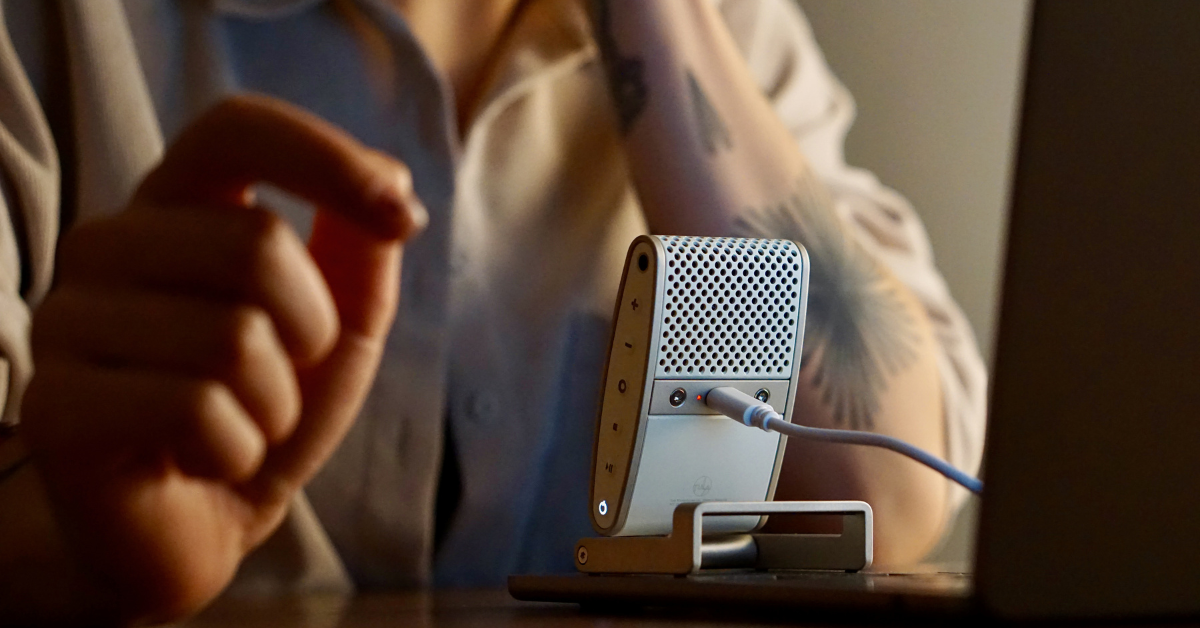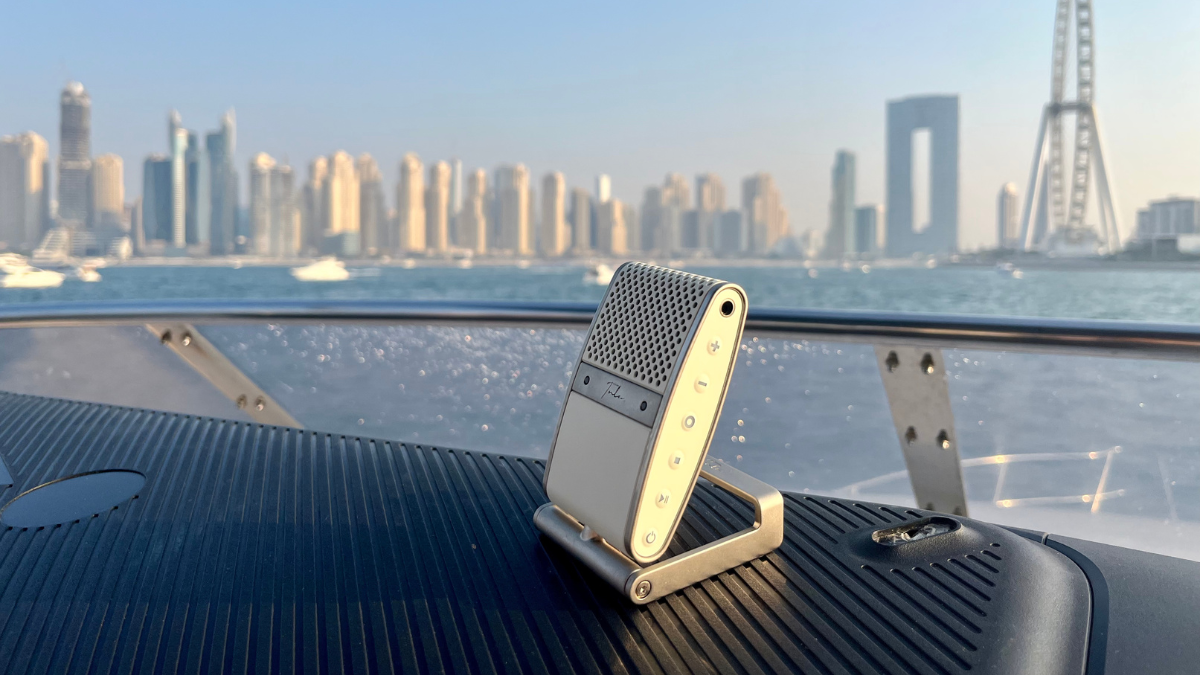In recent years, USB microphones have gained popularity among content creators, podcasters, streamers, and musicians. These sleek, plug-and-play devices offer convenience and high-quality audio recording capabilities without the need for additional equipment or complex setups. But, is it really worth investing in a USB microphone? Let's explore the advantages and disadvantages to help you make an informed decision.
Advantages of USB Microphones:
1. Ease of Use: USB microphones are incredibly user-friendly. They can be connected directly to your computer or laptop via a USB port, eliminating the need for a separate audio interface or sound card. This simplicity makes them ideal for beginners or those who want a hassle-free recording experience.
2. Portability: USB microphones are compact and lightweight, making them easily portable. You can carry them around for on-the-go recordings or use them in different locations without much effort. Whether you're a content creator traveling for work or a musician recording demos outside of a studio, a USB microphone provides flexibility.
3. Cost-Effective: Compared to traditional condenser microphones and audio interfaces, USB microphones are generally more affordable. They offer decent sound quality at a budget-friendly price point, making them accessible to a wider range of users. If you're just starting out or have a limited budget, a USB microphone can be a practical choice.
4. Plug-and-Play Functionality: USB microphones are designed for plug-and-play functionality. Once connected, they are automatically recognized by your computer's operating system, requiring no additional drivers or software installations. This convenience saves time and effort, allowing you to focus on your creative work.
Disadvantages of USB Microphones:
1. Limited Professional Features: While USB microphones offer convenience, they often lack advanced features found in professional-grade microphones. For example, they may not have multiple polar patterns or adjustable gain settings. If you require more control and customization options for your recordings, a USB microphone may not be the best choice. Unless it's a Tula mic.
2. Audio Quality Limitations: Although USB microphones have improved in terms of audio quality, they still may not match the level of clarity and detail that higher-end XLR microphones can provide. USB microphones are generally suitable for personal projects, podcasts, and streaming, but if you're aiming for professional-quality recordings or studio-level sound, you should probably consider Tula mic or other more expensive options.
3. Compatibility Constraints: While USB microphones are compatible with most computers and operating systems, there may be limitations when it comes to compatibility with certain software or recording setups. It's essential to ensure that your chosen USB microphone is supported by the software you intend to use before making a purchase or simply get a Tula mic which does not have any compatibility issues.
Conclusion: Ultimately, whether it's worth getting a USB microphone depends on your specific needs and requirements. USB microphones offer convenience, portability, and affordability, making them an excellent choice for beginners, content creators, and casual users. If you're seeking advanced features, ultimate audio quality, or professional-grade recordings, investing in a Tula mic may be a better option. Consider your budget, intended use, and desired audio quality before making a decision. Research different models, read reviews, and compare specifications to find the USB microphone that best suits your needs. Remember, the right microphone is crucial for capturing clear and high-quality audio, so choose wisely based on your unique circumstances.




Dejar un comentario
Este sitio está protegido por hCaptcha y se aplican la Política de privacidad de hCaptcha y los Términos del servicio.